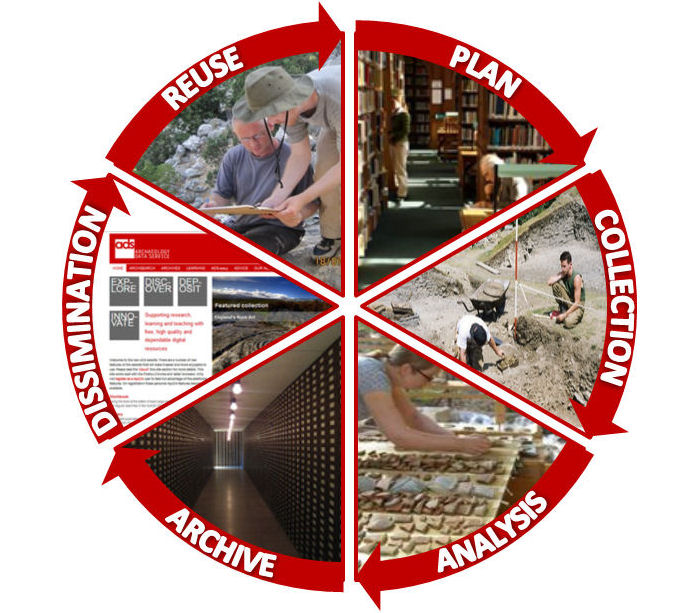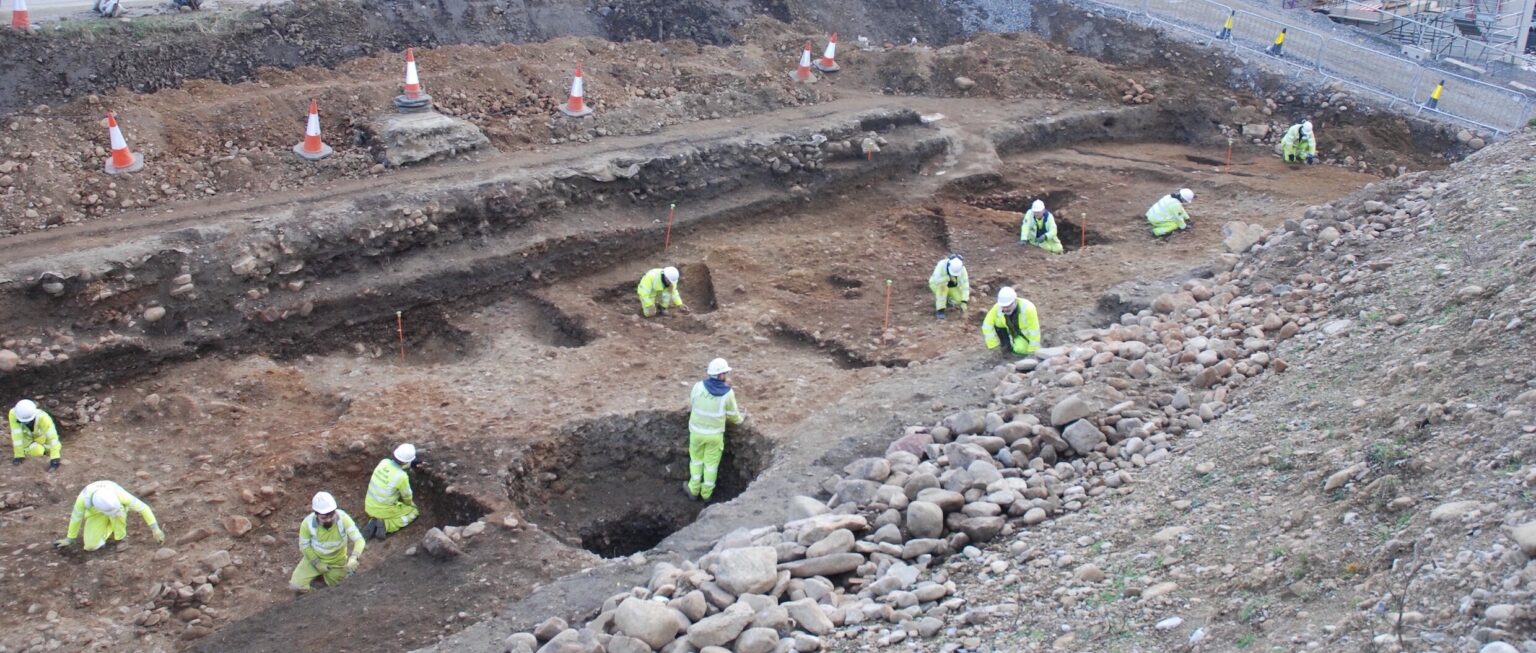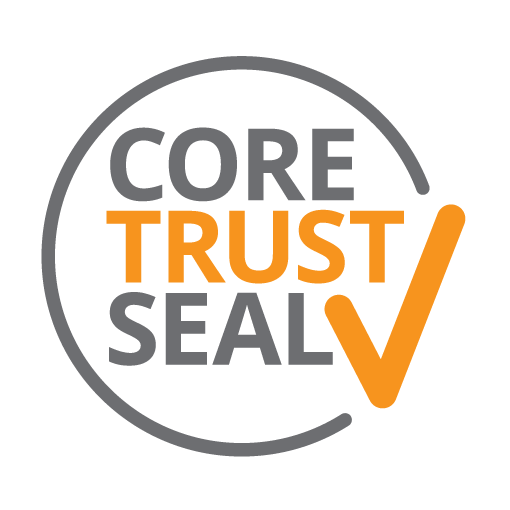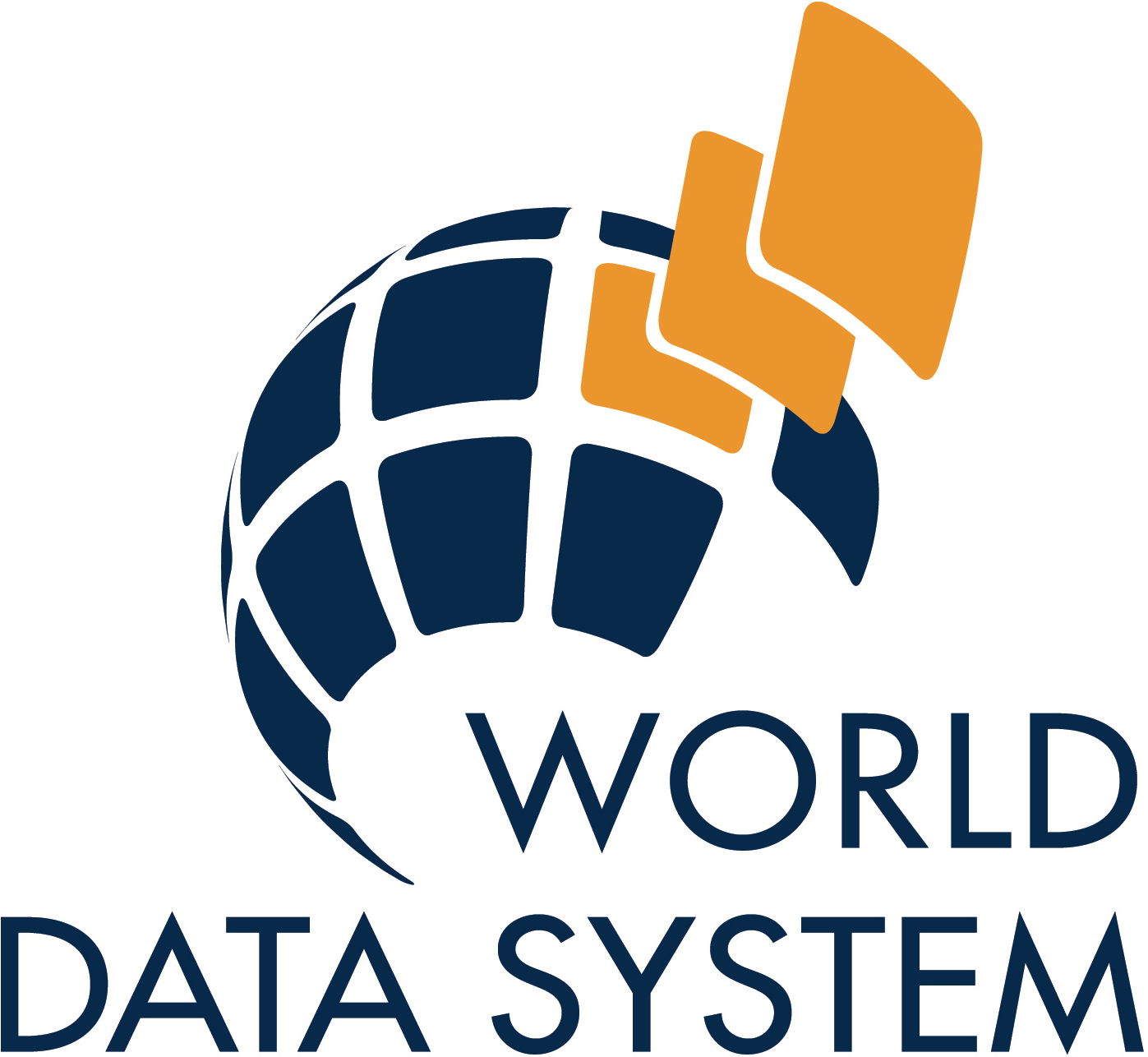Data management & sharing plans
Many research funders now require, as part of their data policy, that a data management and sharing plan is submitted as part of each research grant application. In the UK this is the case for AHRC, BBSRC, Cancer Research UK, ESRC, MRC, NERC, STFC and the Wellcome Trust.
A data management and sharing plan helps you consider, at the project design and planning stage, how research data will be managed during the research process and shared afterwards with the wider research community. A plan links data management roles and responsibilities to particular research activities, shows which support may need to be sought and helps justify the resources and funding required.
Why develop a data management and sharing plan?
There are multiple reasons why should undertake a data management and sharing plan as part of your project:
- So you can find and understand your data,
- To provide continuity if project staff leave or new researchers join,
- To avoid duplication e.g. re-collecting or re-working data,
- To help reduce costs and time spent on data,
- To facilitate data sharing leading to more collaboration and advances in research,
- To assist data reuse making research more visible and have greater impact,
- To expedite archiving data,
- Because funders may ask for data management plans as part of a grant proposal.

Effective data management and sharing plans should consider data throughout its life-cycle. An archaeological data life-cycle model divides the research process into a number of tasks: project planning; data collection; data analysis; data archiving; data discovery; leading to data reuse and re-analysis. Imagining data being reused by someone else may cause you to approach the creation and design of your data in a new light. Moreover studies show that re-use of data is the single surest way of maintaining the integrity of data and tracking errors and problems with it.
Content of a data management plan (DMP)
Whilst each funder specifies particular requirements for the content of a plan, common areas are:
- Which data will be generated during research
- Metadata, standards and quality assurance measures
- Plans for sharing data
- Ethical and legal issues or restrictions on data sharing
- Copyright and intellectual property rights of data
- Data storage and back-up measures
- Data management roles and responsibilities
- Costing or resources needed.
You should critically assess how you can share your research data, what might limit or prohibit data sharing and whether any steps can be taken to remove such limitations, when developing a data management plan.
The Digital Curation Centre has produced a useful Data Management Plan Check List.
Roles and responsibilities
People with responsibilities for data management and sharing may include:
- Project director who is designing the research,
- Research staff collecting, processing and analysing data,
- External contractors involved in data collection, data entry, processing or analysis,
- Support staff managing and administering research and research funding,
- Institutional IT services staff providing data storage and back-up services,
- External data centres or web services archives who facilitate data sharing.
Costing and resources
To properly cost your research data management and sharing at the time of preparing an application, we recommend that you identify the resources that would be needed to make research data shareable beyond the research team and duration of the project. Resources needed may include researcher time, equipment, infrastructure and tools to manage, document, organise, store, archive and provide access to data beyond the end of the project.
What help is available?
Your institution should be able to offer some help and support to create a Data Management Plan and enact it within the timeframe of your project.
There is also a wealth of information on DMPs online at the Digital Curation Centre’s website and the Chartered Institute for Archaeologists (CIfA) have a Dig Digital Toolkit.
The Dig Digital guidance aims to provide support for those creating digital data in archaeology, helping archaeologists manage digital data throughout projects and enabling the production of complete, ordered and stable archives that meet professional standards. This online resource links existing CIfA standards to digital materials, signposting good practice information and technical standards, and providing practical advice about how to achieve those standards.
The ADS can also help provide advice with some aspects of the data management planning and offers advice and support when considering the final outputs of the research project; in particular concerning their long term sustainability within an archive environment.



